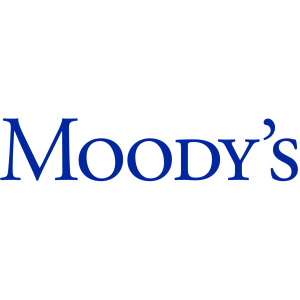 MCX
vs
BSE Sensex 30
MCX
vs
BSE Sensex 30
 MCX
MCX
Over the past 12 months, MCX has significantly outperformed BSE Sensex 30, delivering a return of 45% compared to the BSE Sensex 30's 6% growth.
Stocks Performance
MCX vs BSE Sensex 30

Performance By Year
MCX vs BSE Sensex 30

Multi Commodity Exchange of India Ltd
Glance View
In the bustling corridors of Indian finance, the Multi Commodity Exchange of India Ltd. (MCX) stands as a pioneering institution, weaving its influence across the nation’s extensive commodity markets. Established in 2003, MCX quickly evolved to become the country’s foremost commodity derivatives exchange. The exchange plays an instrumental role by providing a robust platform for the trading of a diverse range of commodities, from the shimmering allure of gold and silver to the robust utility of base metals, and even extending to the essential agri-commodities. This trading hub facilitates the transfer of risk from those who are eager to avoid it, such as farmers and producers, to those who are willing to take it on, like speculators and fund managers. Such transactions are executed through futures and options contracts, providing participants with the price discovery mechanism and a tool for risk management. MCX generates its revenue primarily through transaction fees levied on the trades executed on its platform. Each time a future or options contract is traded, the exchange earns a fee, essentially taking small cuts of the multitude of transactions flowing through its system daily. This revenue model benefits from the volume of trading, positioning MCX to thrive when market participants are active and engaged, particularly during times of volatility when hedging activities tend to surge. Moreover, the exchange also benefits from data sales and annual subscription fees for its technological solutions that cater to a gamut of stakeholders, including brokerage firms and financial institutions. Through continued innovation in technology and products, MCX remains an essential architect of the financial architecture that supports and buffers the vast landscape of India’s commodity markets.















































 You don't have any saved screeners yet
You don't have any saved screeners yet